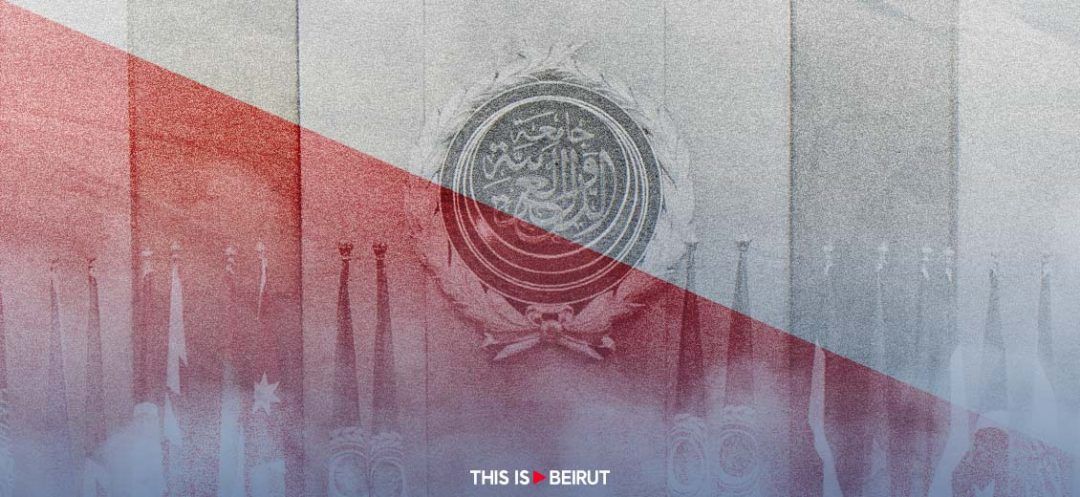- Home
- War in the Middle East
- Is It Time to Declare the Arab League Dead?

This is no recent question. But it must be asked at this first major test in the Arab World; it is a concern among Arab peoples who were highly optimistic about the capabilities of this institution in terms of common projects—whether economic, financial, political or otherwise.
It is high time to recognize the fact that the structure of the Arab League can no longer keep up with the dizzying pace of events in the region. Now, innovative approaches should be considered in order to improve the experience of Arab peoples with this organization.
Despite the creation of the Arab League in 1945—many years before the establishment of the European Coal and Steel Community (ECSC), which later became the European Union (EU)—the rapprochement between Arabs failed to bring about a common vision and a shared roadmap, at least on the economic, social and environmental levels. Even with many possibilities for cooperation which were not mired by sectarian considerations, nothing major was achieved.
While it is true that the EU is facing sizable challenges when it comes to its unity and political and social objectives—and that it experienced a major setback with Brexit in 2019, after three years of referendums—unity in the old continent has still resulted in the membership of 28 states, cross-border cooperation, free travel and trade and a common currency, the euro.
That being said, the EU is lagging in terms of security, as it relies totally on NATO, which the United States commands completely. In that context, most European countries, including Germany, chose not to respond to France’s proposal of establishing a “European army” in a clear effort to break free from American military hegemony. However, that does not cancel out economic, industrial and commercial achievements. Nowadays, Europe is facing another challenge in the form of the rise of extreme right-wing movements calling for isolationism and rejecting immigration and diversity through unity.
Despite all of the above, European unity is still miles ahead of botched Arab projects that have seldom amounted to any cooperation or coordination, although an Arab-Arab rapprochement could benefit the region greatly from an economic point of view.
Before the war on Gaza, it was clear that the ideological gap between Arabs was growing, and that at some point, the Palestinian cause stopped being the top priority it had been for decades. But the war in question helped reorganize the list of priorities and brought side projects to a temporary halt.
In this same context, the Arab League has had its shortcomings when it comes to ending the war, sending food supplies to Gaza and opening the Rafah crossing. And in the past, the institution also failed to contain conflict in Syria, Sudan and Yemen, and it did not successfully find a solution to divisions and paralysis in Iraq and Lebanon.
Now, after all that has occurred, it would not be unwise to consider dissolving the Arab League. But a basic Arab-Arab agreement is still of prime importance, given that the post-war stage will look entirely different. It is expected of the Arab League to face these new challenges with innovative approaches and different mechanisms.
Read more




Comments